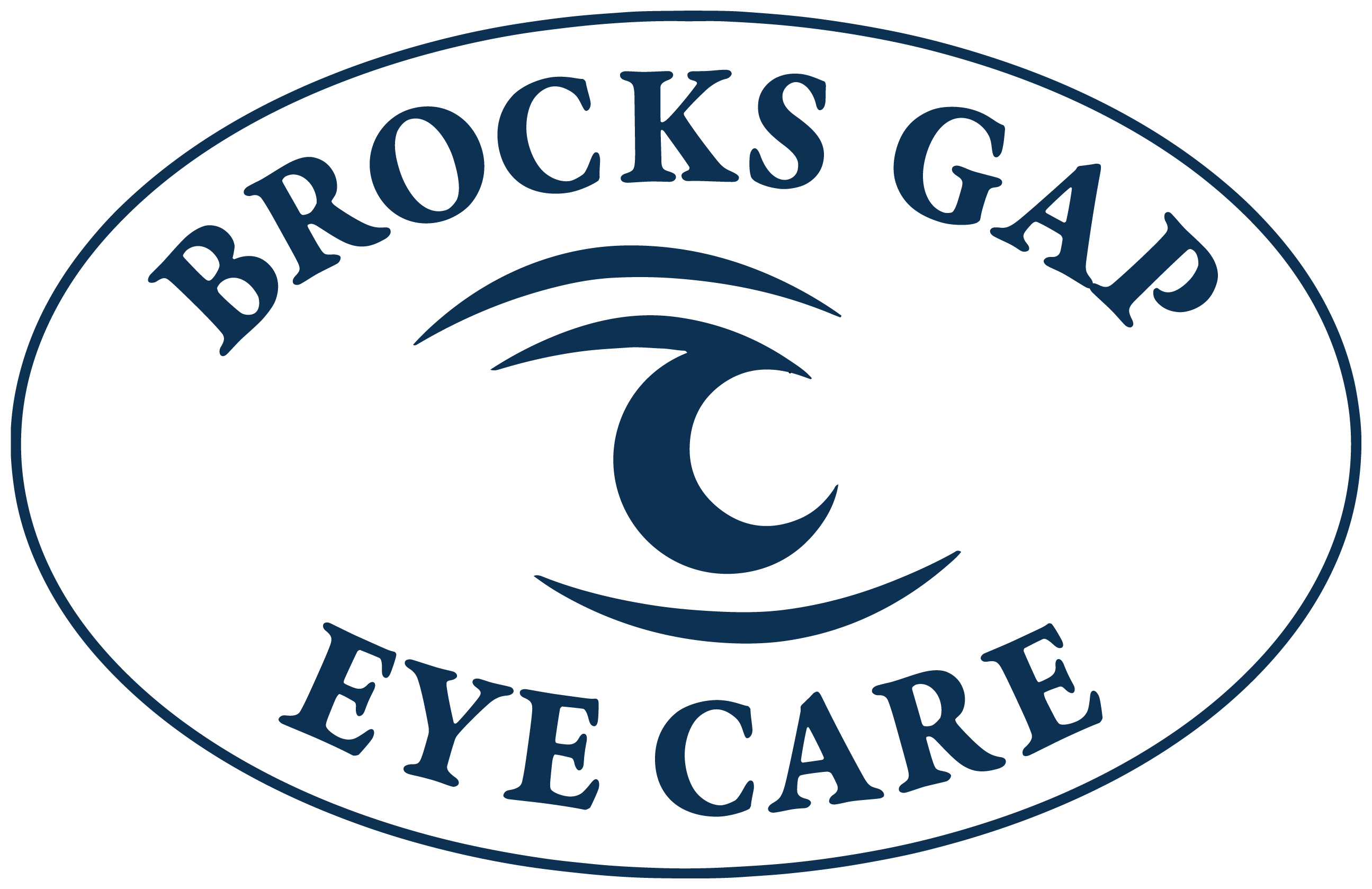The Importance of Regular Eye Exams: How Often Should You Get Your Eyes Checked?
- Inverness Eye Team
- Feb 24, 2023
- 2 min read
Although it is true that "the eyes are the windows to the soul," they also play a vital part in our daily life. Our eyes help us navigate the environment around us and are always trying to process visual data. Because of this, it's crucial to take proper care of our eyes, which includes having regular eye exams. This article will discuss the value of eye exams and how frequently you should have your eyes examined.
What is a vision test?
A complete evaluation of your eye health and visual performance is performed during an eye exam. An eye doctor will conduct a number of tests during an eye examination to evaluate your visual acuity, eye muscle function, depth perception, color vision, and eye health. Your eye doctor may also provide extra exams to screen for glaucoma, cataracts, and other eye issues, depending on your age, medical history, and any pre-existing eye conditions.
What makes eye checkups crucial?
A regular eye exam is crucial to maintaining your vision and eye health. They let eye specialists to identify and treat eye issues early on, before they can result in irreversible vision loss. Several eye diseases, including glaucoma and age-related macular degeneration, start off without any symptoms. These disorders can be found early on with routine eye exams, before they proceed to more severe stages.
Eye exams can identify underlying health issues in addition to ocular issues. For instance, abnormalities in the eyes might be found during an eye exam due to excessive blood pressure, diabetes, and multiple sclerosis. Your eye doctor can send you to the proper medical professional for treatment by identifying these disorders early.
How frequently should your eyes be examined?
Your age, medical history, and any existing eye issues will all be taken into consideration when determining how frequently you should get your eyes examined. Following are some general principles:
Children and teenagers: Around six months old, infants should have their first eye exam, which should be followed by another examination at three years old. Depending on the criteria for vision screening at their school, children should get their eyes checked every year or two after the age of three.
Adults: Adults should have their eyes examined every two years even if they have no known eye conditions or risk factors. Every year, those over 65 should have their eyes examined.
Persons at Risk: Those who suffer from illnesses like diabetes or high blood pressure ought to have yearly eye exams. A family history of glaucoma or macular degeneration should also prompt more frequent eye exams for those individuals.
Conclusion
Your vision and eye health should be maintained through routine eye exams. They let eye specialists to identify and treat eye issues early on, before they can result in irreversible vision loss. You can assist guarantee that your eyes are healthy and that you are seeing your best by adhering to the recommendations for how frequently to have your eyes tested. If it's been a while since your last eye check, make an appointment with your eye doctor right away.




Comments